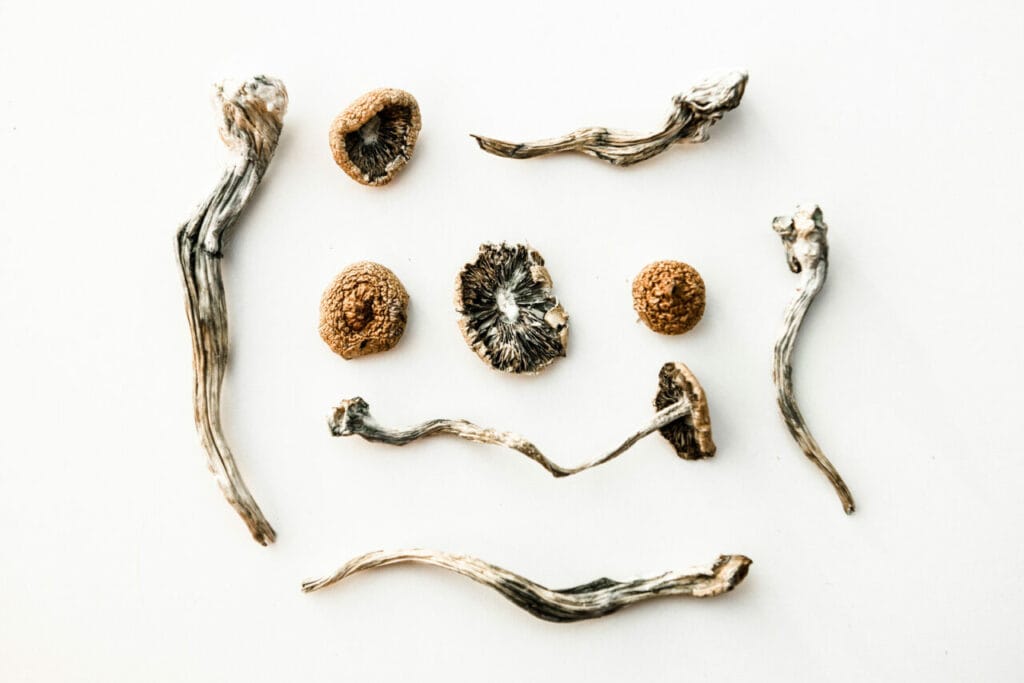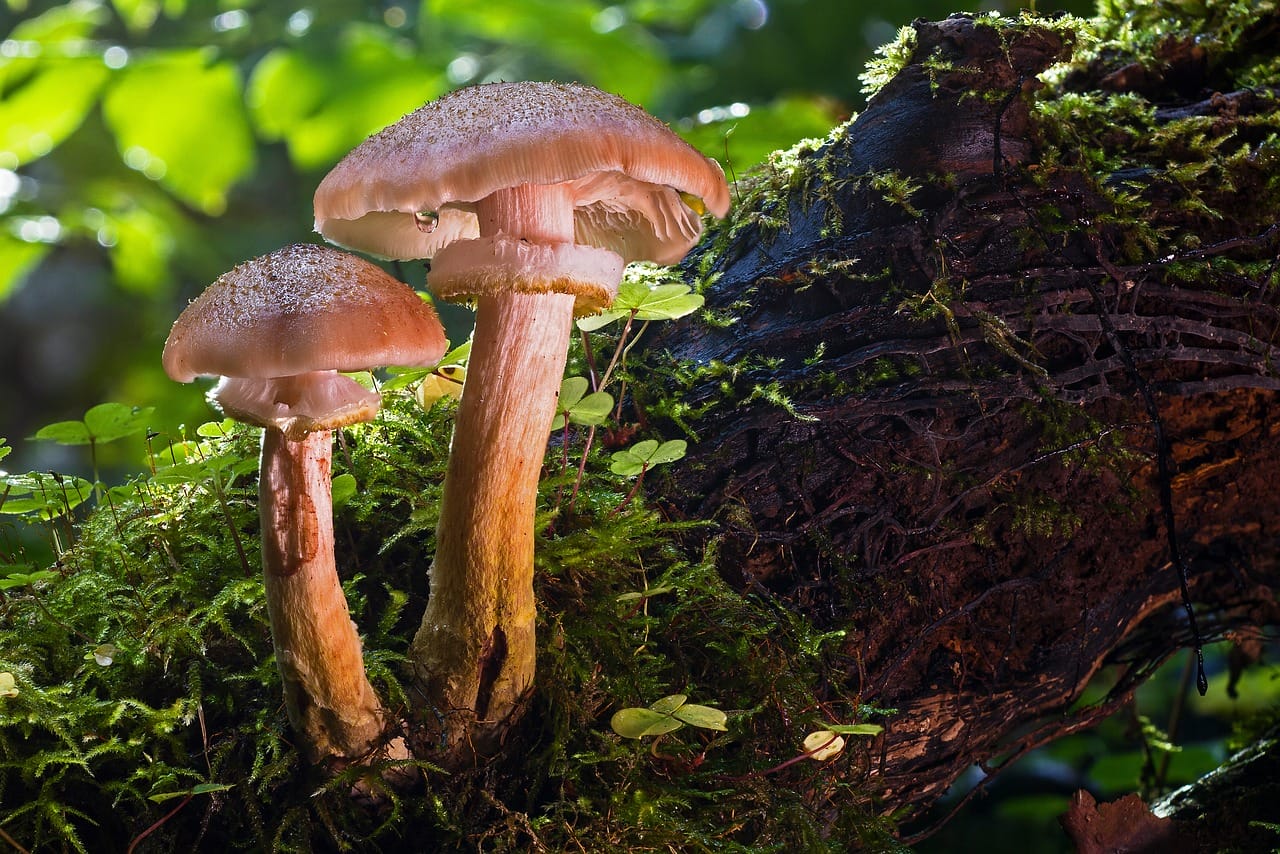Originally, many Canadians saw magic mushrooms as a psychedelic substance primarily for recreational use. But, when researchers began to investigate the active ingredient psilocybin, they found it to be a powerful tool in addressing various mental health conditions.
As a wealth of information emerges, our comprehension of psilocybin’s uses continues to evolve. The more we understand, the easier it becomes for people to access these products via magic mushroom delivery services. A recent study illuminates its role in human consciousness. Could this be the reason behind its profound impact on the human brain? Let’s further explore this fascinating study of magic mushroom products.
Highlights:
- Psychedelic magic mushrooms impacted the cognitive abilities of early humans, contributing to their survival.
- Mushrooms play a crucial role in neurological health, as they can help relieve PTSD, depression, and anxiety.
- Psilocybin may enhance creativity, introspection and abstract thinking due to its effects on consciousness and brain function.

Magic Mushrooms: Their Historical Use and Importance
Historical evidence suggests that our ancestors have been tapping into the power of psychedelic magic mushrooms since the old times. Indigenous societies utilized them in sacred rituals and traditional ceremonies to honour their gods. These fungi are found all over the world, especially in subtropical and tropical regions like South and Central America, the Caribbean, Southeast Asia, and Africa.
Shrooms in Ancient Civilizations
Indigenous communities in Mexico have relied on these mushrooms for spiritual enlightenment, divine interaction, and religious ceremonies since ancient times. The Aztec Indians of South America called it “God’s Flesh” and incorporated it into healing rituals.
Archaeological evidence points to usage as far back as:
- 10,000 years ago in Australia
- 7,000 years ago in North Africa
- 6,000 years ago in Spain.





